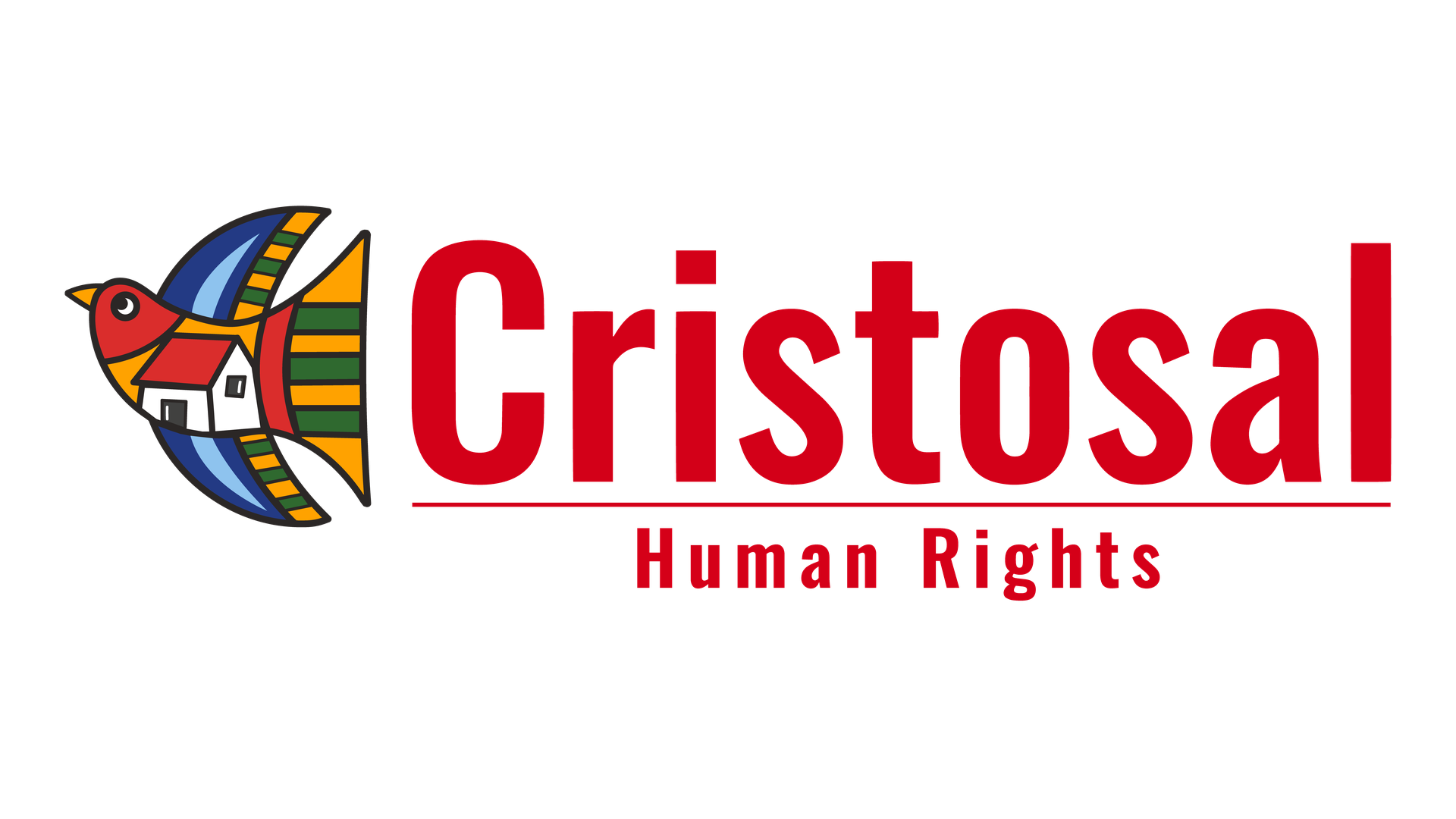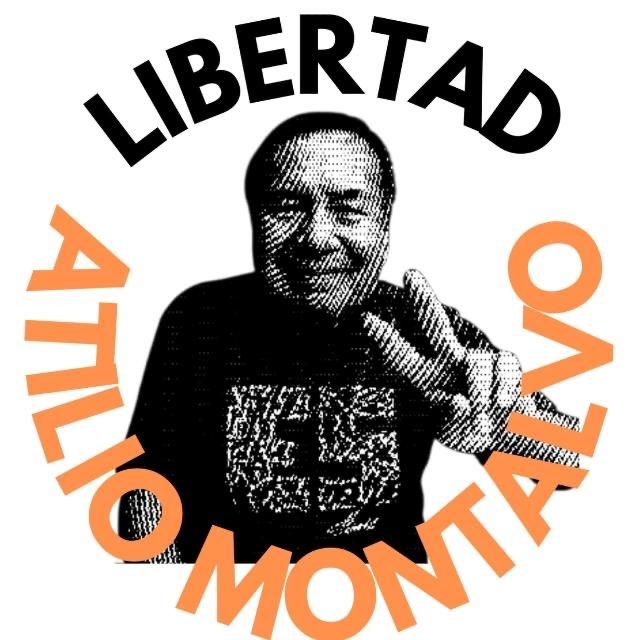The Bukele Administration continues to use the penal system to persecute those who peacefully exercise their right to free expression and protest.
The 300 families of El Bosque Cooperative (Santa Tecla, La Libertad Department) understandably organized to protest an eviction order that would force them off land that is rich with fertility and water resources, which they have lived on for years. The families rely on these resources for agriculture and have cultivated a strong community with a school to raise their children.
When they organized a protest in May in the neighbourhood of President Bukele, the government pushed back. Alejandro Henríquez (a lawyer and environmental defender) and José Ángel Pérez (an evangelical pastor, day laborer, and president of the El Bosque Cooperative) were charged with public disorder and resistance. A judge ordered them to six months pre-trial detention. They sit in overcrowded prisons, at risk of mistreatment and illness.
We are urging that authorities in El Salvador: (1) release from pretrial detention Alejandro Henríquez and José Ángel Pérez; (2) drop all false criminal charges against Alejandro Henríquez and José Ángel Pérez; (3) if the charges stand, hold transparent and fair trials for the five community leaders arrested from El Bosque Cooperative; and (4) stop misusing the penal system to persecute those peacefully exercising their rights.



